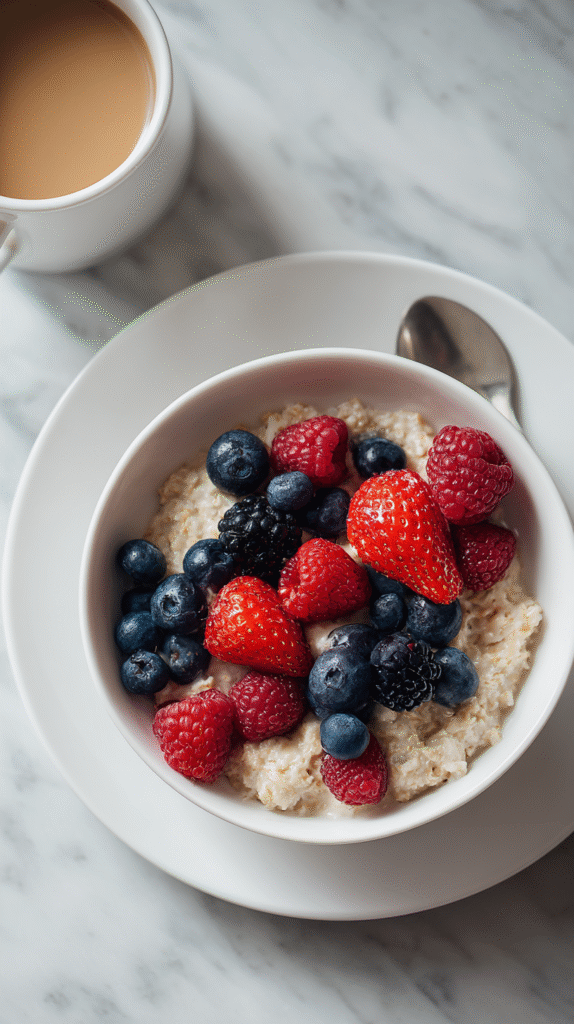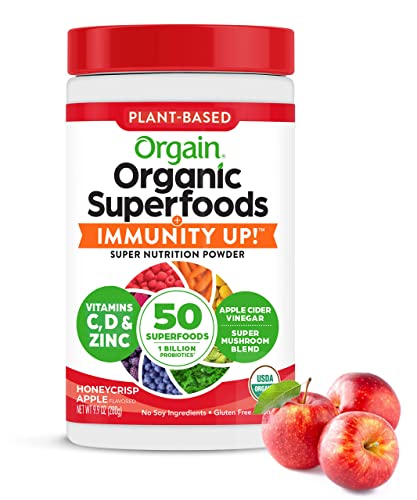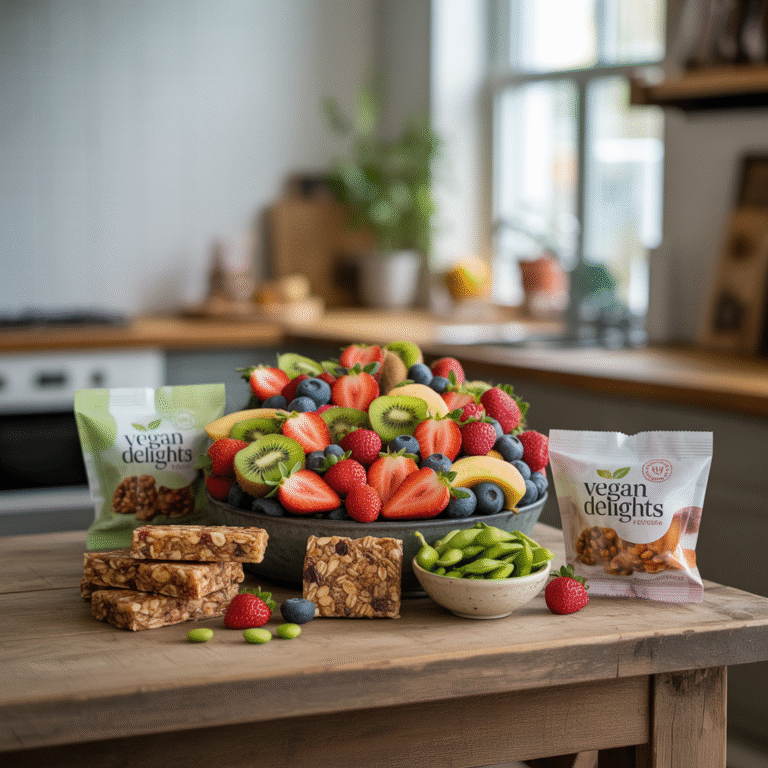🌱 Shed Pounds (and Maybe Save the Planet): Your Zero-Drama Plant-Based Weight-Loss Playbook
⚡ Need-to-Know in 30 Seconds
- Lose weight without calorie math. Plant foods pack fewer calories per bite, so you stay full on less.
- Upgrade your health stats. Blood pressure, cholesterol, and blood sugar usually chill out.
- Shrink your eco-footprint. Fewer burgers = fewer burps from cows = less CO₂. Simple math.
- No all-or-nothing rules. Swap one meal, ten meals, or go full veggie hero—your call.
- Still delicious. Spoiler: tofu can taste like whatever sauce you pour on it. 😉

Why Plants Crush It for Weight Loss
Picture a plate piled with veggies, beans, and grains.
Now picture a cheeseburger the same calories.
Guess which one leaves you hungry 20 minutes later? Exactly.
Fiber is the secret weapon. It slows digestion, stabilizes blood sugar, and screams “I’m full” to your brain. High-fiber = fewer snack attacks.
| Swap This | For This | Why It Works |
|---|---|---|
| Mayo-slathered turkey sandwich | Hummus + veggie wrap | Same protein, way less fat |
| 8-oz steak | Lentil curry bowl | 3× the fiber, half the calories |
| Ice-cream pint | Frozen banana “nice cream” | Creamy fix, zero dairy drama |
The Science (AKA “I Didn’t Make This Up”)
- A 2020 randomized trial found folks on a low-fat vegan diet burned 14% more calories after meals than meat-eaters.
- Meta-analysis of 11 studies: average 5–10% body-weight drop in six months on plant-centric plans.
- Long-term data shows a 25% lower risk of type 2 diabetes for high-plant eaters.
Science mic drop. 🎤
Nutrient Toolbox: Hitting Every Macro & Micro
Protein? Beans, lentils, tofu, tempeh, seitan.
Calcium? Fortified plant milks, kale, tahini.
Vitamin B12? Fortified cereal or a cheap supplement.
Omega-3s? Chia, flax, walnuts.
Pro tip: Combine different plant proteins during the day (beans + rice, hummus + pita) to score all nine essential amino acids. Easy.
Start Here: Zero-Stress Transition Game Plan
- Meatless Monday. Swap one dinner a week—taste test recipes.
- Plantify breakfast. Oatmeal with berries > bacon grease.
- Reboot your cart. Shop the produce aisle first; pretend the snack aisle owes you money.
- Batch-cook staples. Big pot of beans + quinoa on Sunday = weekday magic.

Calorie Density: Eat More, Weigh Less (Yes, Really)
Visualize 400 calories of:
- Oil: 3 tablespoons.
- Nuts: ⅔ cup.
- Potatoes: 2 large baked spuds.
Guess which piles up on a plate? Load your meals with low-density foods (veggies, fruits, potatoes, beans) and you practically need a shovel to overeat. 😅
Whole Foods = MVP
| Food Group | What You Get | Weight-Loss Perk |
|---|---|---|
| Whole grains | Slow-burn carbs + minerals | All-day energy, fewer cravings |
| Legumes | Protein + mega fiber | Full belly, steady blood sugar |
| Veggies | Vitamins galore | Huge volume, tiny calories |
| Fruit | Natural sweet fix | Dessert without guilt |
| Nuts & seeds | Healthy fats | Satiety, hormone support |
Bold rule: If it came from a plant and still looks like a plant, you’re golden.
Common Roadblocks (and How to Steamroll Them)
“My family won’t touch tofu.”
Start with familiar dishes—chili, tacos—just sub beans for beef. They may not notice (or complain less than you think).
Social eats = landmine.
Peek at menus before outings, suggest veg-friendly spots, or BYO side dish to parties.
Processed vegan junk.
Vegan cookies are still… cookies. Keep them treat-status, not dinner.
Time crunch.
Frozen veggies, canned beans, and a rice cooker turn “no time” into 10-minute meals.
Move Your Body (Because Salad Alone Won’t Squat)
- 150 minutes of moderate sweat weekly = doctor-approved baseline.
- Pair carbs + protein pre-workout (banana + peanut butter) for oomph.
- Post-workout, refuel with a tofu scramble or smoothie with plant protein.
Consistency beats intensity. Your joints will thank you.
Quick-Fire Recipes (Weight-Loss Friendly, Taste-Bud Approved)
Breakfast: Berry-Oat Power Jar
- ½ cup rolled oats
- ¾ cup soy milk
- 1 tbsp chia seeds
- 1 cup mixed berries
Chill overnight. Wake up. Devour.
Lunch: Rainbow Chickpea Salad
- Greens, chopped veggies, 1 cup chickpeas
- Drizzle 2 tbsp lemon-tahini dressing
Shake in a jar; eat straight out of it like the rebel you are.
Dinner: Smoky Lentil Tacos
- Season cooked lentils with cumin + smoked paprika
- Load corn tortillas, add salsa + avocado
Taco Tuesday just went vegan and nobody cried.

Real-Life Wins (Because Proof > Promises)
Diana & Mark dropped 35 lbs each in nine months. Their secret? Swapped cheese pizza for veggie crust and kept walking daily.
John crushed afternoon crashes by ditching the office donut run. He now snacks on apples + almond butter and claims he “feels like a rechargeable battery.” 🙂
If they did it, you can too—no superpowers required.
The Mic-Drop Finale
Eat plants, feel lighter, help the planet. Triple win.
Start small, keep it fun, and remember: perfection is overrated—progress rocks.
So yeah, if you’ve been flirting with a plant-based diet for weight loss, it’s time to commit. Your scale, your arteries, and Mother Earth will send thank-you memes. 😉
Give it a whirl and let me know how it goes—pics of veggie tacos totally welcome! 🌮💚
















